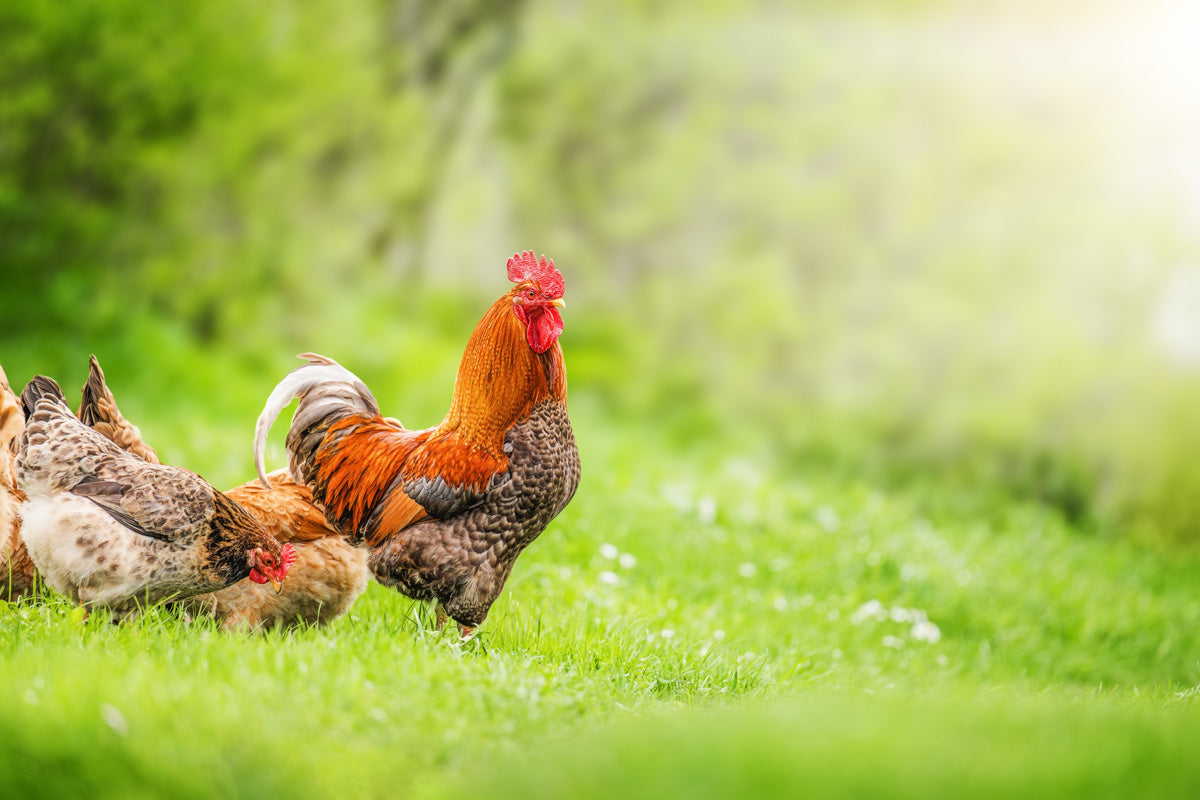Welcoming a new puppy into your home is an exciting and rewarding experience. As your furry friend grows, they go through important milestones and developmental stages that shape their physical, mental, and social capabilities. Understanding these milestones can help you provide appropriate care, training, and support for your puppy's healthy development. In this article, we will explore the key milestones that puppies typically reach during their early months, guiding you through their growth journey and highlighting the importance of each stage.
-
Birth and Neonatal Stage: Puppies are born blind, deaf, and completely dependent on their mother. During the neonatal stage, which lasts from birth to about two weeks, they rely on their mother's milk for nutrition and warmth. They spend most of their time sleeping, and their senses gradually start to develop.
-
Transitional Stage: Around the third week of life, puppies enter the transitional stage. Their eyes and ears open, and they begin to explore their surroundings. They start to interact with their littermates and learn basic social skills. This stage is crucial for early socialisation and the development of motor skills.
-
Socialisation Period: From around three to twelve weeks, puppies enter the critical socialisation period. They become more adventurous and curious, exploring their environment and encountering new people, animals, and stimuli. Proper socialisation during this phase is vital to ensure they grow into confident and well-adjusted adult dogs.
-
Juvenile Stage: Between three and six months of age, puppies enter the juvenile stage. This is a period of rapid growth and development, both physically and mentally. They gain adult teeth, experience increased energy levels, and their coordination improves. This is an ideal time to begin obedience training and reinforce positive behaviours.
-
Adolescence: Around six to eighteen months, puppies reach adolescence. This stage is marked by hormonal changes and the onset of sexual maturity. They may display some challenging behaviours, such as increased independence or testing boundaries. Consistent training, patience, and positive reinforcement are key during this period.
-
Young Adulthood: By the age of two, most puppies have reached young adulthood. They have fully developed physically and mentally, and their energy levels stabilise. At this stage, they are ready for advanced training, sports, or specialised activities tailored to their breed and individual interests.
The journey of a growing puppy is filled with exciting milestones and developmental stages that shape their future as adult dogs. From the neonatal stage to young adulthood, each phase plays a crucial role in their physical, mental, and social development. By understanding and recognising these milestones, puppy owners can provide appropriate care, training, and socialisation experiences to ensure their furry companions thrive. Remember, every puppy is unique, and some may reach milestones at slightly different times. Always consult with your veterinarian and professional trainers to ensure you are meeting your puppy's specific needs. Enjoy the journey of watching your puppy grow and mature into a happy and well-rounded adult dog!




